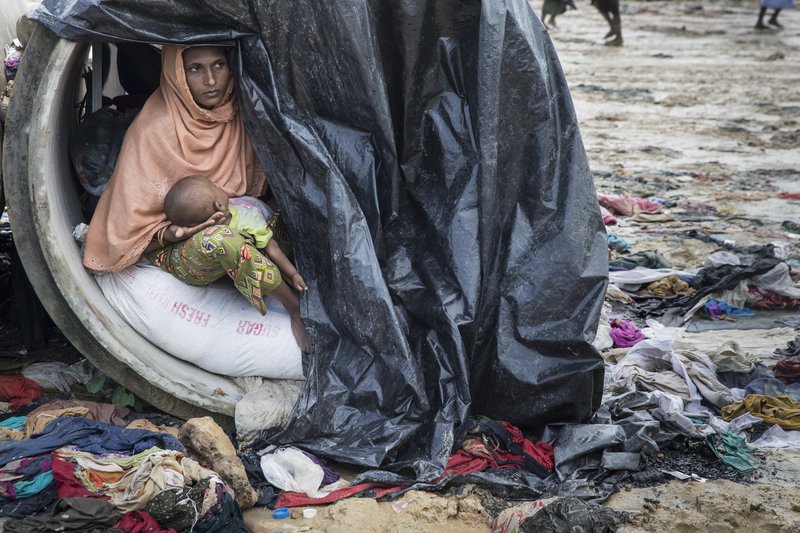As aid dries up, Gaza families pushed deeper into poverty
Large numbers of Gaza families have been pushed deeper into poverty in recent months by the freezing of U.S. aid. Life is tougher than ever for most of the 2 million Palestinians locked into tiny, blockaded Gaza, where electricity is off most hours of the day, unemployment approaches 50 percent and the Islamic militant group Hamas rules with a tight grip.
“It’s a perfect storm,” said Hilary DuBose of the Catholic Relief Services, which has had to forego emergency food distributions because the Trump administration is withholding funds. “At the same time that the humanitarian situation in Gaza is worsening, humanitarian aid is disappearing.”
Growing despair in Gaza has helped drive recent Hamas-led protests against the border blockade by Israel and Egypt. The closure was imposed after Hamas, branded a terrorist group by Israel and the West, seized Gaza in 2007, driving out forces loyal to Palestinian President Mahmoud Abbas.
Meanwhile, in the past two months, more than 115 Palestinians have been killed and close to 3,800 wounded by Israeli fire in near-weekly border protests, with some facing lifelong disabilities.
Along with the Palestinian Authority, the U.N. has been instrumental in propping up Gaza’s fragile economy. Need has grown exponentially, with some 1 million people in Gaza now receiving U.N. food aid, compared to 80,000 two decades ago, said agency spokesman Chris Gunness.
At the same time, the Trump administration has blown a $305 million hole into the agency’s annual $1.2 billion budget–the result of a decision earlier this year to suspend most aid to the Palestinians until further notice. With the exception of the funds already spent this year, all U.S. assistance to the Palestinians is under review. This includes projects funded by USAID and the State Department, including health, education, good governance and security cooperation programs.
[Associated Press]

